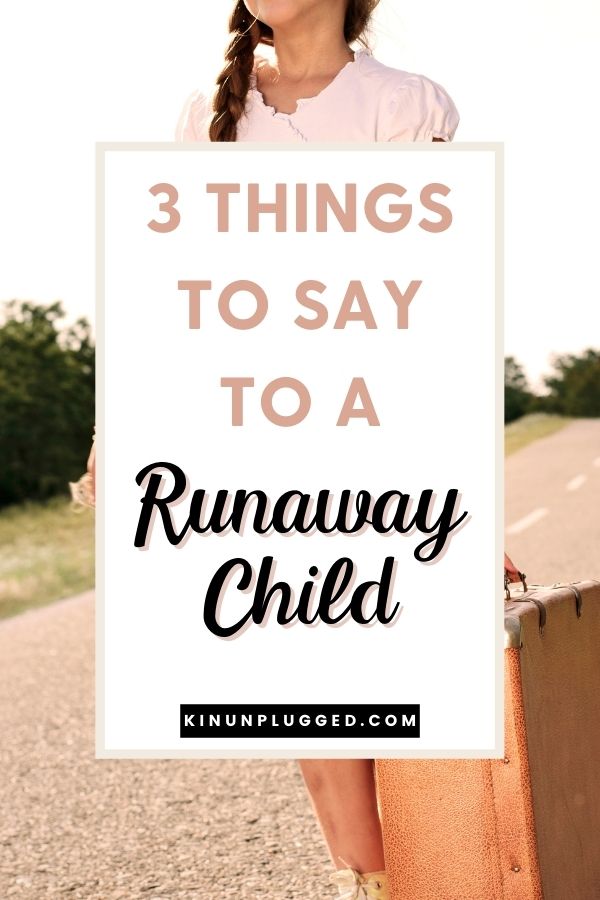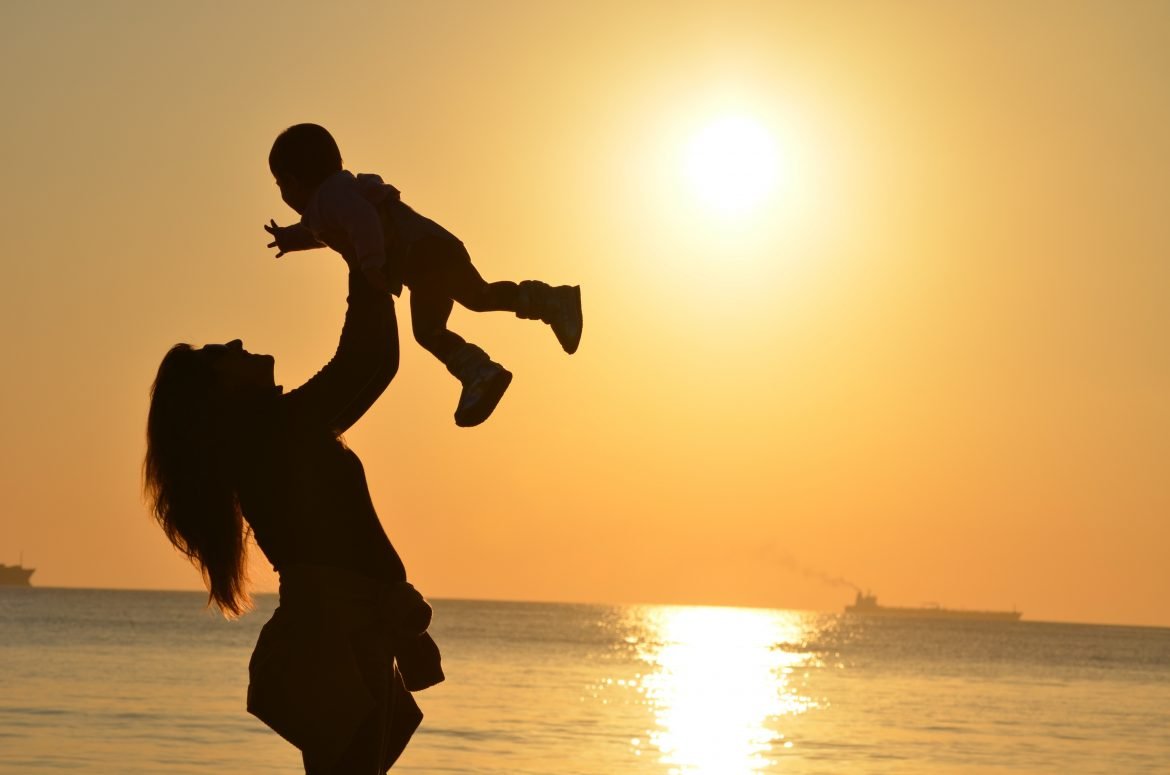When a kid runs away from home, there can be much confusion on different parts – from family members and friends too. That is because it is not always clear why a child would run away. It is no easier if the child is not yours. Imagine if your child’s friend runs away to your house. That is a difficult situation to be put in.
In this article, we will look at some of the reasons why it is unsafe for a child to run away from home. We will also consider how you can deal with the situation where one of your child’s friends runs away to your house.

First though, what are a few reasons why a child runs away when upset?
Why do children run away?
- Witnessing abuse. When a kid runs away from home, it could be because they are tired of witnessing some sort of abuse. They could be frequently seeing someone in their home being abused and feel that being unable to help them, it would be easier for them to get away from the situation instead.
- Experiencing abuse. You might find that a kid runs away from home because they themselves are experiencing abuse. Whether it is emotional or physical abuse, or both, if they do not see any way out of it, they may believe that running away from home is the best solution.
- Power struggles at home. Why do kids run away? Particularly in the teenage years, kids can get into a sort of battle of wills with their parents. They can start to rebel and decide that they would rather live apart from their parents than have to obey them.
- Death in the family. This is a major and often life-changing event that turns a child’s life around. If they do not deal with it appropriately, it could traumatize them for life. A death in the family cuould cause a kid to feel like they no longer know their place in the family or like they are no longer loved and this could make them want to leave altogether.
READ: How adults are affected by childhood trauma
- New family member. In much the same way as a death in the family, having a new family member can also change the dynamics in a household. Having someone new join the family, whether a baby or an adult, can make a kid feel overlooked and like if they were not around, it would make no difference to anyone.
- Financial pressures. Why do kids run away? Sometimes when things are tough at home with money, kids can start to feel like their presence at home is making finances more stressful for their parents. From thinking about things like childcare to tuition fees to rent, children can run away because they think they will be helping to take some of the burden off their parents financially.
- Substance abuse. When kids get hooked on substances, they might decide that it is easier for them to live outside of the home and on their own because then there will be no one trying to monitor them. They might think it is better to live on their own so that they can use substances more freely without any criticism. Abuse of substances like drugs and alcohol can also affect their ability to reason properly.
- Struggles at school. Factors at school like peer pressure and poor grades can also drive kids to run away from home. That is, bad friends urging them to run away from home and the embarrassment of consistently bad grades.
- Romanticized view of living independently. Why do kids run away? Unfortunately, thanks to a warped view of running away from home given by some movies, kids can gain a romanticized view of running away from home. They might think it is somehow easy to survive on your own and that you could even gain some benefit from doing so.
It is actually more dangerous to run away from home than television leads kids to believe. When your child’s friend runs away to your house, it is important that you make sure they understand how dangerous it could be for them to leave their home.
What are the dangers of running away from home?

- Homelessness. This consequence can come upon a kid far more easily than they realize. It is not as easy to find shelter in many countries and cities as a lot of kids think.
- Drugs and alcohol. In getting stuck outside the home and trying to survive without the family, kids can get mixed up with the wrong crowd and be influenced into using drugs and alcohol.
- Physical abuse. It is easy for runaway kids to become victims of physical abuse as well as they may accept help from predators.
- Loneliness. Living away from your family and those who know you best can be a very lonely life. You do not know who you can rely on and you have no one to share your deepest feelings with.
- Starvation. Running away from home and fending for yourself when you are a child means that you may not be able to afford to feed yourself for long stretches of time.
- Poverty. When you run away from home, you might not be able to find a job or any means of income and this can spiral into a real case of poverty after a short period of time.
- Crime. When a child runs away from home, it is easy for them to fall into a life of crime in order to survive on their own. Gangs are happy to bring in run away kids and these kids frequently end up getting engaged in activities like shop lifting and picking pockets.

What to do when your child’s friend runs away to your house
- Find out from your child why their friend has ran away
- Speak to your child’s friend directly as well
- Based on the information, you may need to call an authority(ies) – 999 (UK) and 911 (US) for the Police
- Ring the child’s parents. US parents may also wish to call the National Runaway Safeline (NRS) on 1-800-RUNAWAY
- Clue everyone in. Make sure every member of your family knows what is going on

3 Things to say to a child who has run away
- Let them know how you would feel as a parent if your child ran away. When a kid runs away from home, it is good to help them understand how their parents might be feeling about it. It probably never occurs to them that their parents are scared for them, for example.
- Assure them that there is no situation that cannot be dealt with
- Do not make promises that you are unsure you can fulfil
Join our parenting Facebook group by clicking HERE!







2 Comments
This is a good topic to discuss in schools. Thanks!
We have not experienced this as my kids are still young, but this is good to know. Thanks for sharing this!